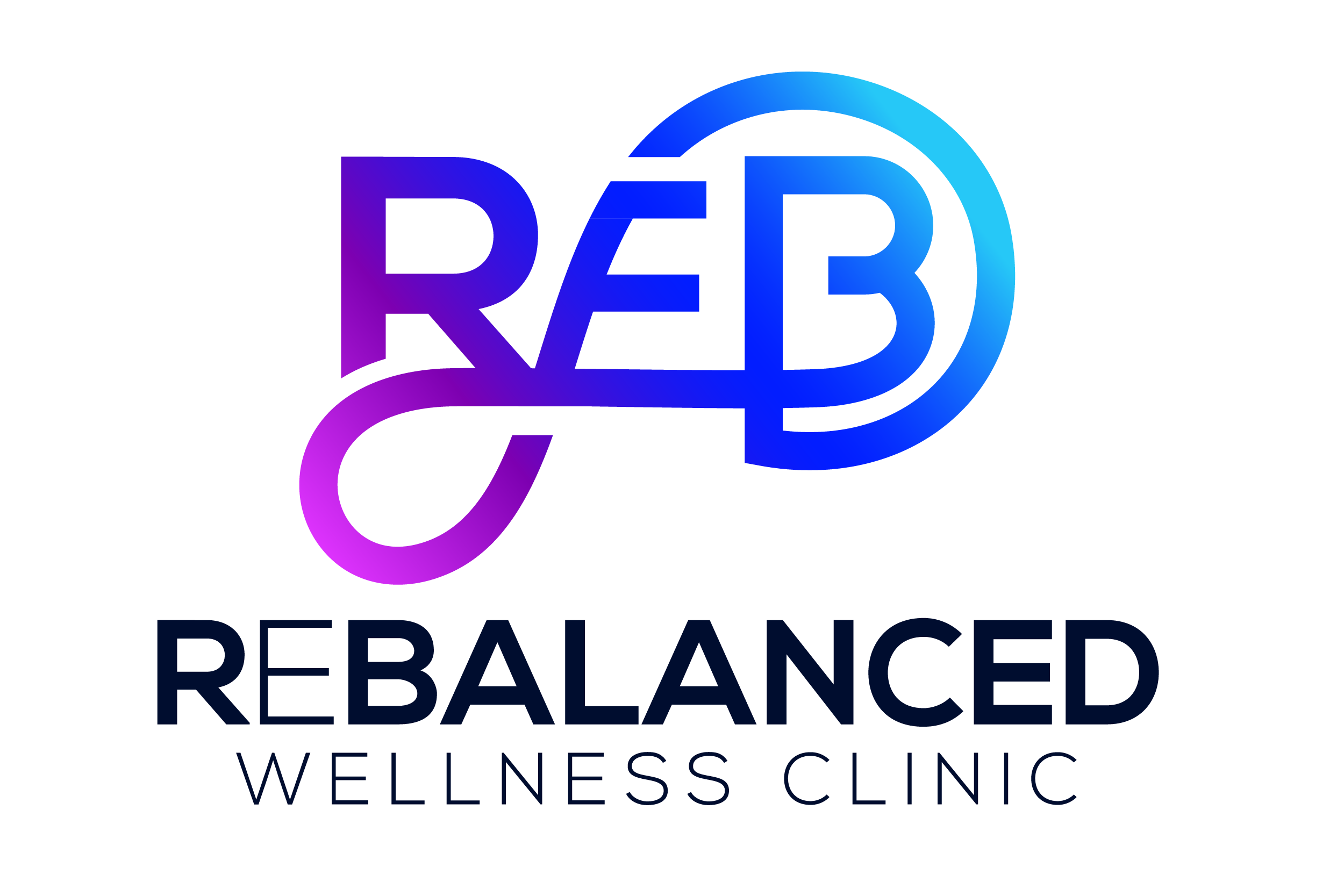Introduction to Hormone Therapy and Its Importance
Hormone therapy might sound complex, but it’s just a way to help your body when it’s not making the right amounts of hormones. These chemicals in our bodies guide everything from how we grow to how we digest food. So, when levels are off, it can mess with everything from our mood to how well we sleep. That’s where hormone therapy steps in. It’s like giving your body the tools it needs to get back on track. Whether it’s due to aging, a medical condition, or recovery from a specific treatment, hormone therapy can be a game-changer. It’s not just about feeling better today; it’s about setting up your health for the long run. Now, when you add a diet consultation into the mix, it’s like turbocharging your therapy’s results. The food you eat can either support or hinder the balance of hormones in your body. Through diet, you’re essentially giving your therapy an extra boost, making sure you’re not just relying on medicine but also using lifestyle changes to feel your best.
The Role of Diet Consultation in Enhancing Hormone Therapy
When you’re on hormone therapy, what you eat plays a massive role in how effective your treatment can be. Think of it like teaming up your therapy with a powerhouse ally. A diet consultation does just that. It’s not just about eating healthy; it’s about eating right for your specific needs. Your body is going through changes, and it needs the right kind of fuel to support these changes.
A dietitian specializing in hormone therapy can guide you to consume foods that complement your treatment. For instance, certain foods can naturally balance hormones, reduce inflammation, and even help manage side effects of hormone therapy. It’s not one-size-fits-all. Your needs are unique, so your diet should be too. By integrating a tailored diet plan into your hormone therapy, you’re giving your body the tools it needs to respond better to the treatment. This means potentially faster and more noticeable results, plus an overall improvement in how you feel.
So, the role of diet consultation in enhancing hormone therapy? It’s about making your therapy work harder for you, using food as a tool to amplify your results. It’s a smart move for anyone looking to maximize their therapy’s effectiveness.
Understanding the Link Between Diet and Hormonal Balance
Your diet plays a huge role in how your body manages hormones. It’s not just about losing or gaining weight; it’s about ensuring your body has the right nutrients to produce, use, and balance hormones effectively. For instance, foods rich in Omega-3 fatty acids, like fish and flaxseeds, help in reducing inflammation and can improve hormone signaling. On the other hand, consuming too much sugar and refined carbs can throw your insulin levels out of whack, making hormone therapy less effective. In short, by managing what you eat, you’re not just feeding your hunger. You’re also guiding your body on how to handle hormones better. Integrating a diet that supports your hormone therapy can amplify the treatment’s effectiveness, making you feel more in tune with your body’s needs and responses. Consider this as you and your dietitian mapping out a nutrition plan; it’s a way to ensure your hormone therapy gets a strong ally, your diet.
Key Nutrients to Focus on During Hormone Therapy
During hormone therapy, paying attention to your diet becomes crucial. You need specific nutrients to support the therapy’s effects and balance your hormones. First up, protein. It’s a building block for your body, crucial for hormone production and repair. Aim to include lean meats, beans, and lentils in your meals. Next, fatty acids, especially omega-3s, are your friends. They help reduce inflammation and are essential for hormone health. Think fish, nuts, and seeds. Don’t forget about fiber; it aids in digestion and helps regulate hormone levels. Load up on fruits, veggies, and whole grains. Vitamins and minerals like vitamin D, B vitamins, magnesium, and zinc directly influence hormone activity. You can find them in a variety of foods – dairy, leafy greens, nuts, and whole grains. Lastly, stay hydrated. Water is key to every bodily function, including hormone transport. Drinking enough water ensures that hormones reach their target destinations in your body. Focus on these nutrients to aid your hormone therapy and bring your body into better balance.
How a Dietitian Can Personalize Your Nutrition Plan
Meeting with a dietitian is like having a nutrition detective assigned to you. They dive into your eating habits, lifestyle, and even your hormone therapy to map out a plan that screams “This is made for you!” A dietitian doesn’t just throw a standard diet chart at you; instead, they create a nutrition blueprint that complements your hormone therapy. They take into account how different foods might affect your hormonal balance. For example, certain foods can either boost the effectiveness of your hormone therapy or make it less effective. Think of soy products and their impacts on estrogen levels. Your dietitian knows this and much more. They’re there to ensure your plate supports your treatment, not hinders it. By working closely with them, you get a tailored diet plan that aligns with your health goals and therapy needs. It’s not just about eating right; it’s about eating right for you.
Common Dietary Changes Recommended for Better Hormone Health
When it comes to getting the most out of hormone therapy, eating right plays a massive role. Experts often recommend a few key dietary changes to help your body balance its hormones better. Here’s a quick rundown:
First up, cut back on processed foods and sugar. These troublemakers can mess with your insulin levels, making it harder for your hormones to stay in check. Instead, load up on whole foods like fruits, veggies, lean meats, and whole grains. These are packed with nutrients that support hormone health.
Increase your intake of fatty fish like salmon or mackerel. They’re rich in omega-3 fatty acids, which are top-notch for reducing inflammation and helping with hormone production.
Add more fiber to your diet. Fiber helps in managing blood sugar levels, crucial for hormone balance. Foods like beans, lentils, berries, and broccoli are excellent sources.
Stay hydrated. Drinking plenty of water is key to flushing out toxins that can interfere with hormone functions.
Lastly, moderate your caffeine and alcohol intake. Too much of either can throw your hormones out of whack, so it’s wise to enjoy them in moderation.
Incorporating these dietary changes can significantly amplify the effectiveness of your hormone therapy, leading to better overall health and well-being. Keep it simple, stick with it, and watch how it transforms your therapy results.
Real-Life Success Stories: Diet Consultation and Improved Therapy Outcomes
People often overlook diet when dealing with hormone therapy. But, listen to these real-life scenarios where diet consultations genuinely turned the tide. First, meet Alex. Struggling with hormonal imbalances for years, nothing seemed to work until a dietitian intervened. By tailoring a diet rich in certain fats and avoiding processed foods, Alex saw a dramatic shift in energy levels and mood stability. Their therapy results? Better than ever. Then there’s Jamie. Facing the challenges of menopause, she felt at a loss. A diet consult helped her focus on foods with phytoestrogens and maintaining a balanced intake of carbs and proteins. Guess what? Hot flashes reduced, and sleep improved. And it’s not just them. Countless others have found that aligning their diet with their therapy goals led to improved outcomes. Their stories aren’t just inspiring; they’re a testament to how crucial diet is in supporting hormone therapy.
Preparing for Your Diet Consultation: What to Expect and How to Plan
Before you step into your diet consultation, know this: preparation is key. Your dietitian will want a clear picture of your current eating habits to tailor a plan that complements your hormone therapy perfectly. Start by jotting down what you eat and drink on a daily basis. Don’t skip the details. Even those midday snacks and weekend indulgences count. Also, think about your health goals. Want to shed some pounds? Or maybe boost your energy levels? Have these objectives clear in your mind.
Next, gather any recent medical tests or reports you have. These can give insights into your hormone levels and how your body’s currently responding. If you’re already on hormone therapy, details about your medication and doses are crucial. Bring all these documents along.
During the consultation, be ready for a heart-to-heart. The dietitian will ask about your lifestyle, your routine, and your food preferences. Honesty is your best policy here. Together, you’ll craft a dietary plan that not only supports your hormone therapy but also fits into your life seamlessly. So, walk in prepared. It’s the first step towards a healthier you.
Monitoring Progress: The Importance of Regular Follow-Ups
Seeing results from hormone therapy? Awesome. But don’t high-five yourself yet! To really nail those benefits, you need to keep a close eye on your progress. Think of it like tuning a guitar; regular adjustments keep the harmony. Check-ins with your dietitian aren’t just chit-chats. They’re crucial for tweaking your diet plan – ensuring your body’s getting exactly what it needs to work hand-in-hand with your hormone therapy. During these follow-ups, your dietitian will assess how your body’s responding and adjust your eating plan accordingly. This could mean more of this, less of that, or introducing new foods. Remember, your body’s needs can shift as you go through therapy. Regular follow-ups ensure your diet stays in sync, maximizing those therapy results. So, keep those appointments. They’re your stepping stones to success.
Conclusion: The Synergistic Power of Diet Consultation and Hormone Therapy
Combining diet consultation with hormone therapy isn’t just a good idea—it’s a game changer. Think of your body like a high-performance car. Hormone therapy tunes the engine, but without the right fuel (your diet), you won’t get the full power. A dietitian can create a nutrition plan that complements your hormone therapy, giving your body exactly what it needs to balance hormones effectively. It’s not just about eating healthy; it’s about eating smart. This combo leads to better overall health, more energy, and, yes, enhanced results from hormone therapy. So, when you consider hormone therapy, remember the significant boost a tailored diet can offer. It’s about working smarter, not harder, to achieve your health goals.

